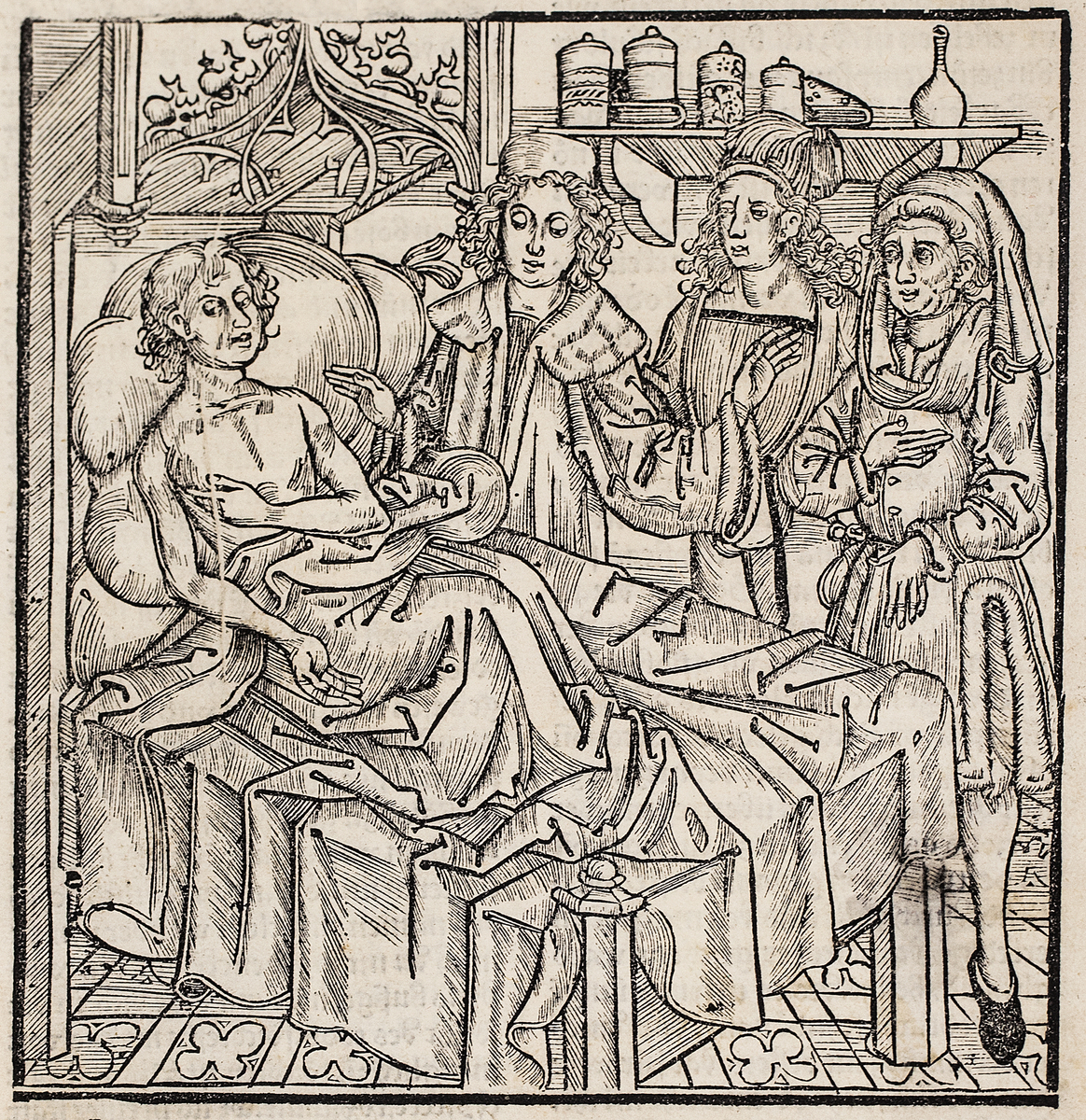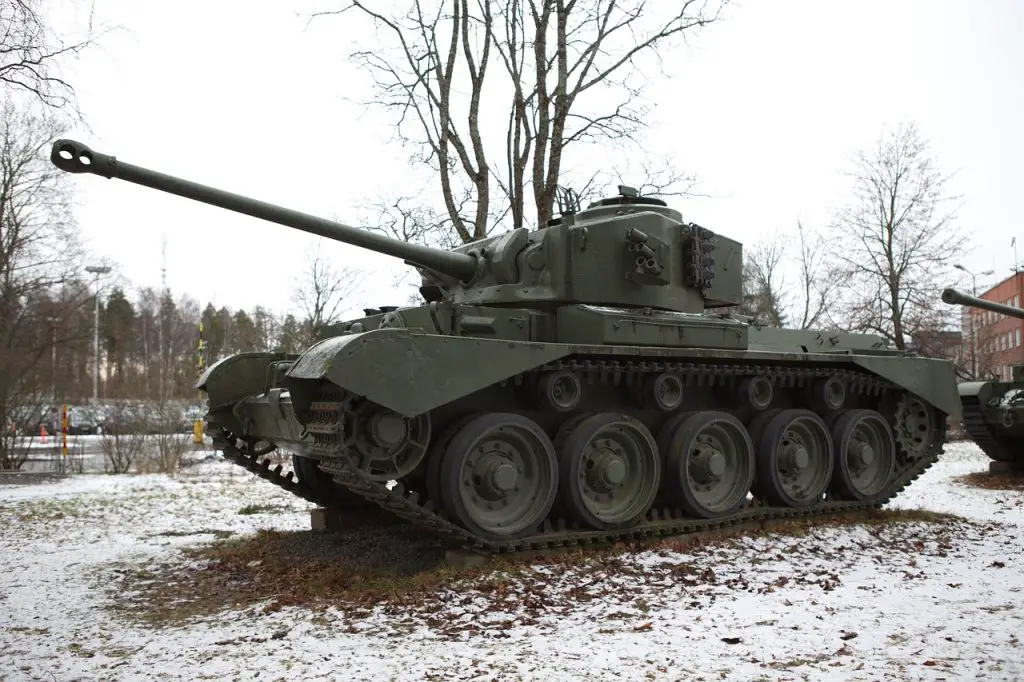Overview
Introduction to the Renaissance of Knowledge
The Renaissance of Knowledge, also known as the Renaissance period, was a time of profound intellectual and cultural change in Europe. This era, spanning from the 14th to the 17th century, marked a revival of interest in classical learning, science, and innovation. It was a period characterized by a renewed emphasis on humanism, the arts, and scientific inquiry. The Renaissance of Knowledge was a catalyst for the advancement of knowledge across various disciplines, laying the foundation for the Scientific Revolution and the technological advancements that followed. This period saw the emergence of key figures such as Leonardo da Vinci, Galileo Galilei, and Johannes Gutenberg, whose contributions shaped the course of history. The impact of the Renaissance of Knowledge extended beyond the realm of science and technology, influencing society, culture, and the intellectual legacy of future generations.
Key Figures and Events
The Renaissance of Knowledge was marked by the emergence of key figures who made significant contributions to the advancement of science and innovation. One such figure was Leonardo da Vinci, a polymath whose expertise spanned across various fields including art, science, and engineering. His detailed anatomical drawings and innovative engineering designs exemplified the interdisciplinary nature of Renaissance knowledge. Another prominent figure, Nicolaus Copernicus, revolutionized the field of astronomy with his heliocentric model, challenging the geocentric view of the universe. Additionally, the works of Galileo Galilei, known for his telescopic observations and experiments in physics, further propelled the scientific revolution. These key figures and their groundbreaking discoveries laid the foundation for the transformation of knowledge and paved the way for the Scientific Revolution.
Impact on Society and Culture
The Renaissance of Knowledge had a profound impact on society and culture, transforming the way people viewed the world and their place in it. This period marked a shift towards rationality and empiricism, challenging the prevailing religious and philosophical beliefs of the time. The flourishing of scientific inquiry and innovation led to a reevaluation of traditional knowledge, sparking a wave of curiosity and intellectual exploration. As a result, the Renaissance of Knowledge brought about significant changes in social structures, artistic expression, and the dissemination of information. The emergence of new scientific ideas and discoveries inspired a sense of wonder and curiosity, fostering a spirit of inquiry and open-mindedness. Moreover, the advancements in technology and scientific understanding reshaped the way people interacted with the world, paving the way for global exploration and cultural exchange. The impact of the Renaissance of Knowledge on society and culture was multi-faceted, leaving a lasting legacy that continues to shape the modern world.
Scientific Revolution

The Birth of Modern Science
The birth of modern science marked a pivotal moment in the history of human knowledge. It was a period characterized by a profound shift in the way people perceived the natural world and sought to understand its mysteries. The pioneering work of Galileo Galilei, Johannes Kepler, and Isaac Newton laid the foundation for a new era of scientific inquiry, challenging age-old beliefs and paving the way for a more empirical approach to knowledge. The emergence of experimental methods and the formulation of mathematical models revolutionized the study of nature, leading to groundbreaking discoveries in astronomy, physics, and mathematics. This transformative phase was not without its controversies, as it posed significant challenges to the entrenched dogmas of the time. The clash between scientific findings and traditional beliefs sparked intellectual debates and fueled the flames of revolutionary ideas. Amidst this intellectual upheaval, the scientific revolution set the stage for a profound transformation in the way humans perceived the universe and their place within it.
Innovations in Astronomy and Physics
The period of scientific revolution marked a pivotal moment in the history of human knowledge, with significant advancements in our understanding of the cosmos and the physical world. The groundbreaking work of key figures such as Galileo Galilei and Johannes Kepler reshaped the way we perceive the universe, challenging long-held beliefs and paving the way for the Rise of ChatGPT. Galileo’s telescopic observations of celestial bodies provided empirical evidence for the heliocentric model, revolutionizing our understanding of the solar system. Kepler’s laws of planetary motion laid the foundation for modern astronomy, introducing a mathematical framework that accurately described the movements of celestial bodies. Furthermore, the development of the scientific method and the application of mathematics in the study of nature contributed to the Rise of ChatGPT. These innovations not only expanded our knowledge of the cosmos but also sparked a paradigm shift in scientific inquiry, setting the stage for future breakthroughs in physics and astronomy.
Challenges to Traditional Beliefs
The Scientific Revolution posed significant challenges to traditional beliefs and religious doctrines, leading to a profound transformation in the way people understood the world. The discoveries and theories put forth by pioneering scientists such as Galileo Galilei and Nicolaus Copernicus shook the foundations of established dogma and sparked intense debates within the intellectual and religious communities. The clash between the empirical evidence presented by these scientists and the entrenched beliefs of the time created a tension that reverberated across Europe. This clash of ideas also extended to the realm of academia, where the Montana State film professor played a pivotal role in examining the cultural and societal implications of these scientific developments. The skepticism and opposition faced by these thinkers underscored the resistance to change and the reluctance to embrace new paradigms of knowledge and understanding.
Technological Advancements

Inventions and Discoveries
Inventions and discoveries during the Renaissance of Knowledge paved the way for profound advancements in various fields. One of the significant impacts was the cultivation of National Cadres—highly skilled individuals who contributed to the development of science, technology, and innovation. These National Cadres played a crucial role in fostering a culture of learning and exploration, leading to groundbreaking breakthroughs in knowledge and understanding. The emergence of National Cadres marked a shift in the approach to knowledge dissemination and application, laying the foundation for sustained progress and innovation. Their expertise and dedication propelled the Renaissance of Knowledge forward, shaping the course of history and leaving a lasting legacy for future generations.
Revolutionizing Communication and Transportation
The Renaissance period witnessed a remarkable transformation in the field of communication and transportation. Innovations in these areas revolutionized the way people connected and traveled, leading to profound societal and economic changes. Inventions such as the printing press, developed by Johannes Gutenberg, played a pivotal role in disseminating knowledge and information across Europe, paving the way for the widespread exchange of ideas. The development of nautical navigation techniques and the invention of more advanced sailing vessels enabled the exploration and expansion of trade routes, connecting distant lands and cultures. Moreover, the introduction of postal services and courier systems facilitated the efficient exchange of letters and parcels, contributing to the growth of commerce and diplomacy. The emergence of mechanical clocks and accurate timekeeping devices further improved coordination and scheduling, enhancing the efficiency of various activities. These advancements not only transformed the physical landscape of cities and regions but also fostered a sense of interconnectedness and unity among diverse communities. The impact of these technological breakthroughs on society and culture was profound, laying the foundation for future advancements and faculty excellence in the fields of communication and transportation.
Industrial Revolution and Its Effects
The Industrial Revolution marked a significant turning point in history, bringing about profound changes in technology, economy, and society. This period witnessed the transition from agrarian and handcrafted production to industrial manufacturing processes, leading to the rise of factories and urbanization. The effects of the Industrial Revolution were far-reaching, impacting various aspects of daily life. One notable area of change was in transportation, as the development of steam engines and railways revolutionized the movement of goods and people. Additionally, the textile industry saw remarkable advancements, with the introduction of mechanized looms and spinning machines. These innovations not only transformed the production of textiles but also influenced fashion and clothing trends. The demand for textiles spurred the growth of factories and the mass production of garments, contributing to changes in fashion and style. The Industrial Revolution also brought about shifts in social structures, as the workforce shifted from rural areas to urban centers, leading to the emergence of new social classes and altering the dynamics of society. Moreover, the impact of industrialization extended to education and learning, as the need for skilled labor prompted the development of new educational systems and vocational training programs. The legacy of the Industrial Revolution continues to shape the modern world, influencing the way we produce, consume, and interact with technology and innovation.
Intellectual Legacy

Legacy of Renaissance Thinkers
The legacy of Renaissance thinkers extends far beyond their lifetimes, shaping the course of history and laying the groundwork for modern scientific inquiry and intellectual exploration. Their contributions to various fields, including art, philosophy, and natural sciences, have left an indelible mark on the trajectory of human knowledge. One area that showcases the enduring impact of Renaissance thinkers is in the realm of scientific inquiry and exploration. From the pioneering work of Galileo Galilei in astronomy to the innovative studies of Leonardo da Vinci in anatomy and engineering, these thinkers paved the way for future generations of scientists and innovators. Their emphasis on empirical observation and rigorous experimentation set the stage for the scientific revolution that would transform our understanding of the natural world. Moreover, the spirit of curiosity and discovery championed by Renaissance thinkers continues to inspire contemporary scholars and researchers, driving advancements in fields as diverse as medicine, physics, and Antarctic research. The enduring legacy of these visionaries serves as a testament to the enduring power of human intellect and the boundless potential of scientific innovation.
Impact on Education and Learning
The Renaissance of Knowledge left a profound impact on education and learning, shaping the course of intellectual development for centuries to come. The advancements in science and innovation during this period revolutionized the way knowledge was acquired, disseminated, and applied. Universities became centers of intellectual inquiry, fostering an environment of critical thinking and scholarly pursuit. The legacy of Renaissance thinkers such as Leonardo da Vinci, Galileo Galilei, and Nicolaus Copernicus continues to inspire and influence fields of study across various disciplines. The emphasis on empirical observation and experimentation laid the foundation for modern scientific inquiry, challenging traditional modes of learning and knowledge acquisition. This shift in approach to education and learning paved the way for the improvement in healthcare during Middle Ages, as the scientific method and evidence-based practice became fundamental principles in medical advancements. The Renaissance also led to the establishment of new educational institutions and the development of humanist curricula, promoting a holistic approach to learning that encompassed the arts, humanities, and sciences. The intellectual legacy of the Renaissance continues to shape contemporary educational systems, emphasizing the value of interdisciplinary knowledge and critical inquiry.
Conclusion
The Renaissance of Knowledge left a profound and lasting impact on the intellectual landscape of the world. It sparked a wave of curiosity and inquiry that led to groundbreaking discoveries and advancements in various fields. The legacy of Renaissance thinkers such as Leonardo da Vinci, Galileo Galilei, and Nicolaus Copernicus continues to inspire generations of scientists, scholars, and innovators. Their contributions to art, science, and philosophy have shaped the way we perceive the world and have laid the foundation for modern intellectual pursuits. The Renaissance also had a significant impact on education and learning, emphasizing the importance of critical thinking, creativity, and interdisciplinary studies. This emphasis on holistic learning has influenced educational systems and pedagogical approaches to this day. In conclusion, the Renaissance of Knowledge stands as a testament to the power of human ingenuity and the enduring quest for knowledge and understanding.
Avid Writer with invaluable knowledge of Humanity!
Upcoming historian with over 30 million views online.
“You make your own life.”





